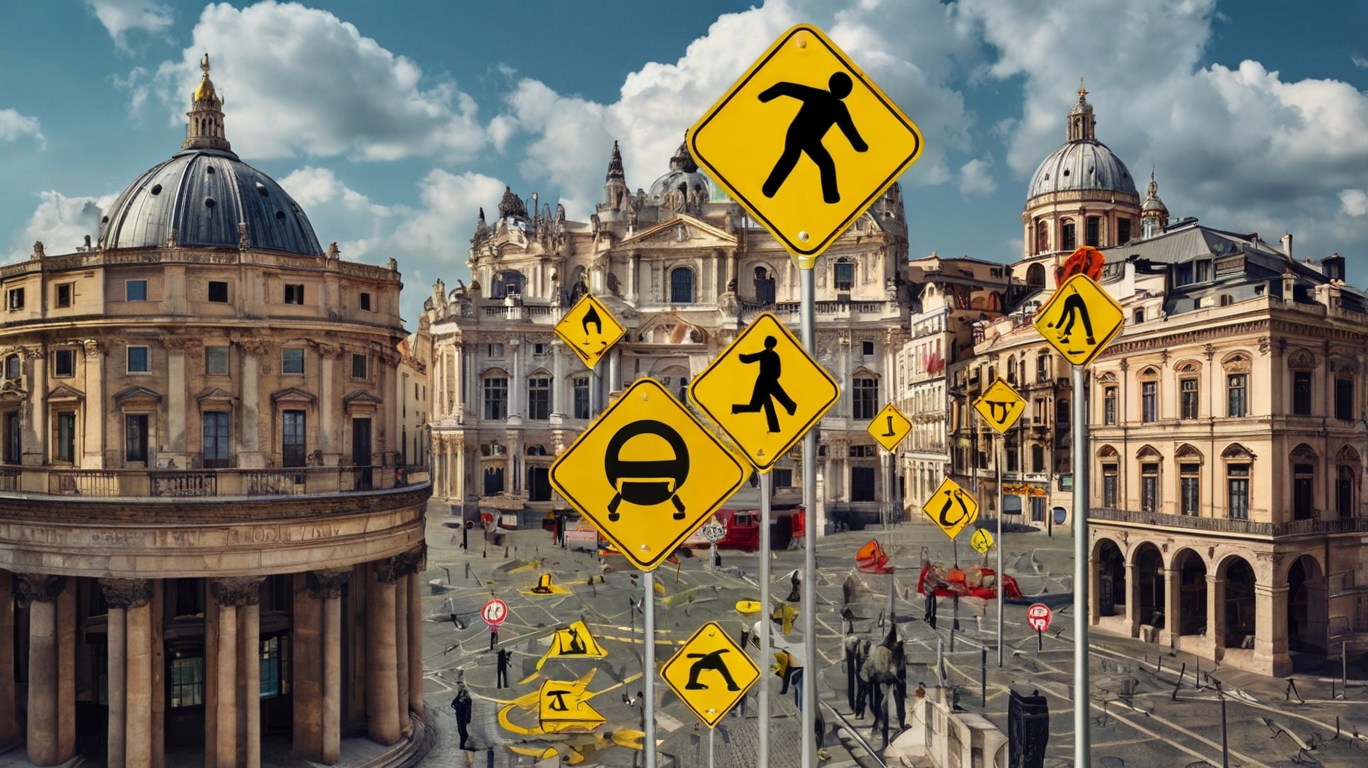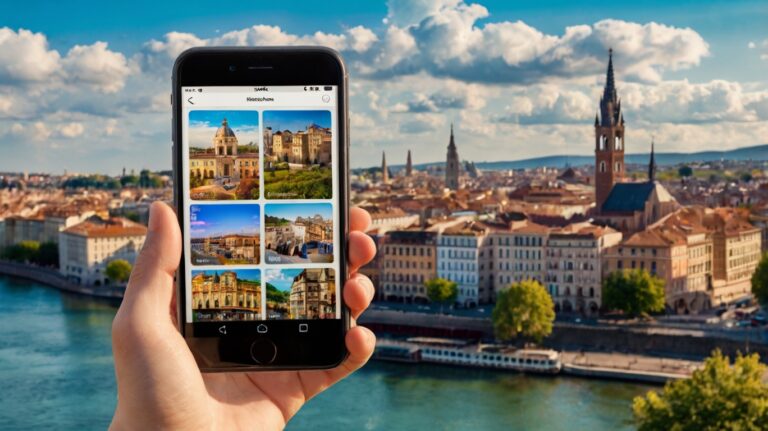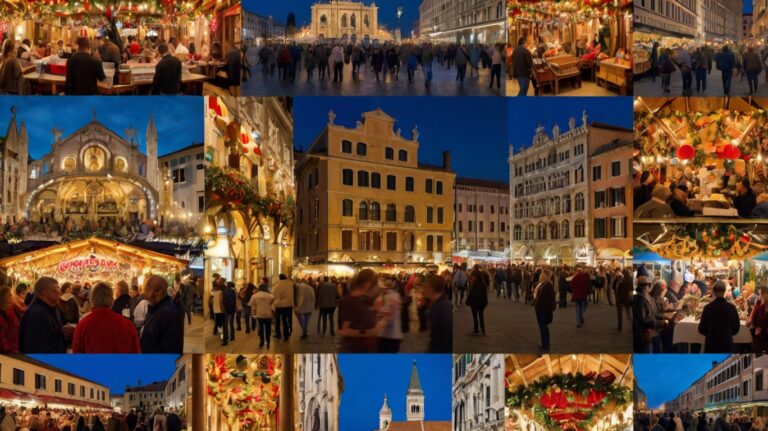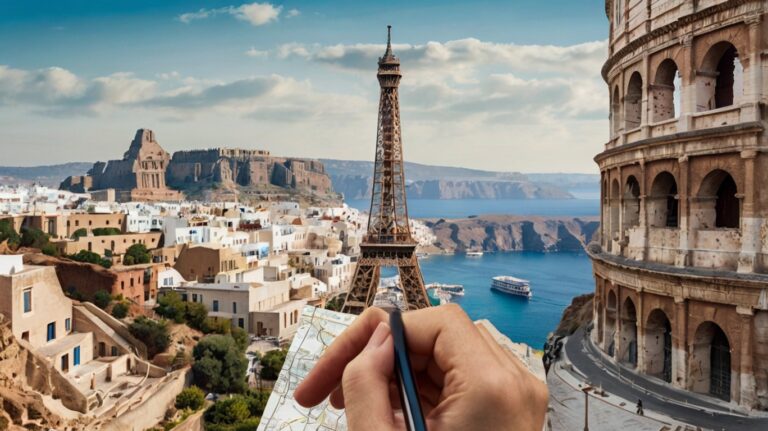30 Common Tourist Scams in Europe and How to Spot Them
Europe is an incredible place to explore—from sipping espresso in a cozy Parisian café to getting lost in the winding streets of Rome. But let’s be real for a second: not everything is as charming as it seems. Tourist scams are alive and well across the continent, and trust me, I’ve seen my fair share during my 15 years of solo travel. Some scams are laughably obvious; others are so sneaky they almost got me, too. So, here’s the ultimate guide to staying one step ahead. Let’s dive into the most common tourist scams in Europe and how to spot them before they spot you.
1. The Friendship Bracelet Scam
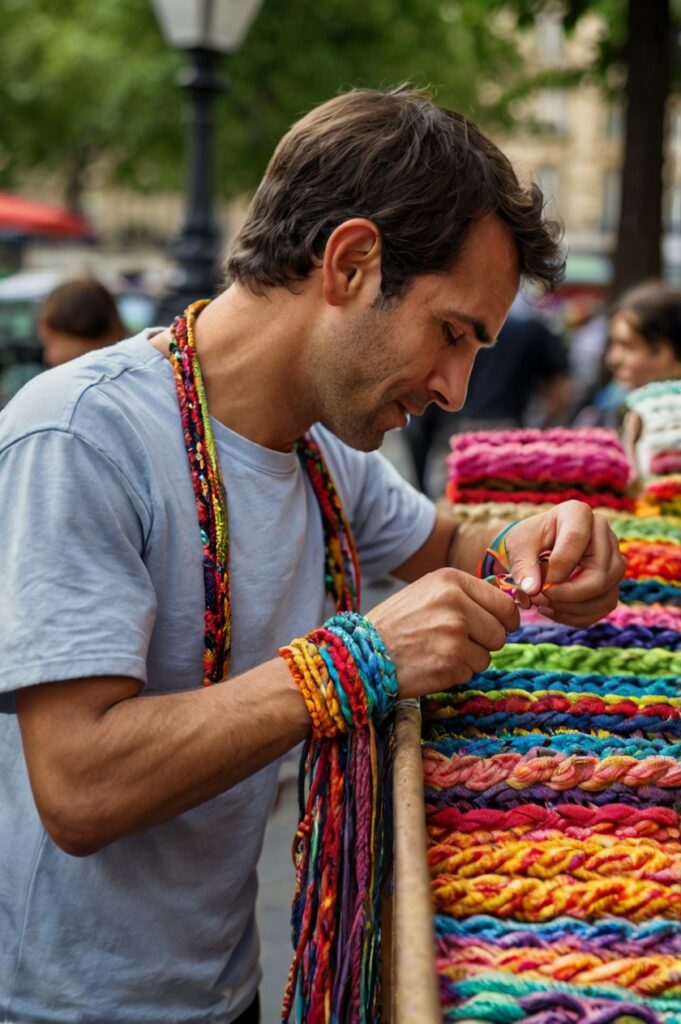
In cities like Paris and Barcelona, friendly-looking strangers may approach you with a bracelet, insisting it’s a “gift.” The catch? Once it’s on your wrist, they demand payment. My tip: keep your hands to yourself and politely but firmly say no.
2. The Fake Petition Scam

You’ll spot groups (often young women) asking for your signature on a petition—usually for a “good cause.” While you’re distracted, their friends are picking your pockets. Always keep your valuables secure and avoid engaging.
3. The Dropped Ring Trick

In Paris, someone might “find” a gold ring near you and ask if it’s yours. If you say no, they’ll offer it as a “gift” but then demand money. Just walk away.
4. The Taxi Overcharge
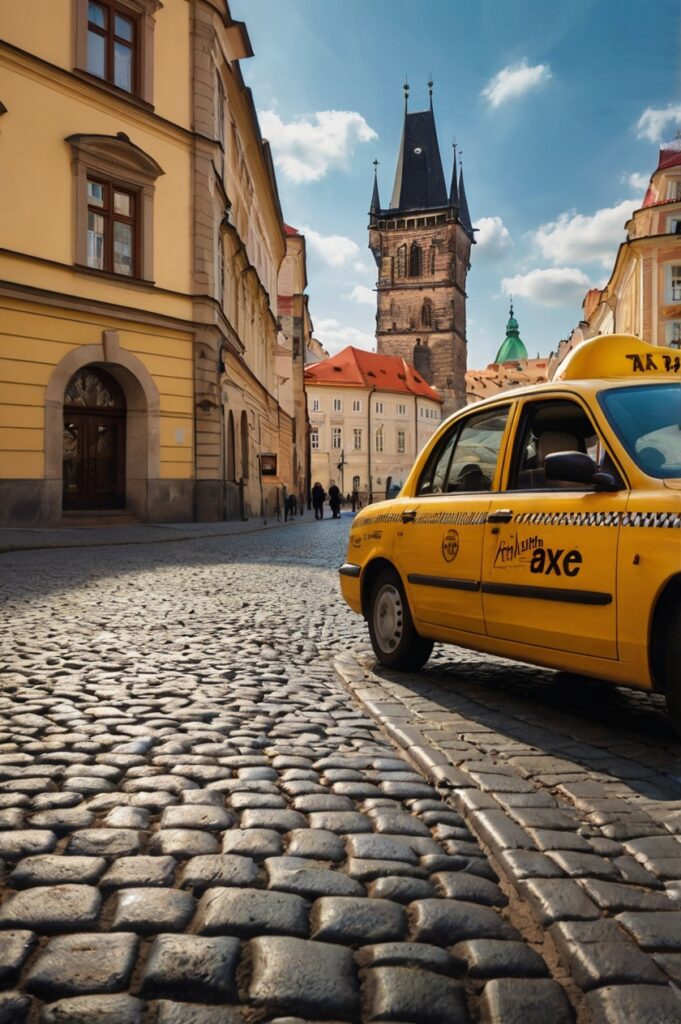
Unsuspecting tourists often get overcharged by taxi drivers in major cities. This happened to me once in Prague—the driver took the scenic route, and my wallet paid the price. Always agree on a fare upfront or insist they use the meter.
5. The Fake Police Officer
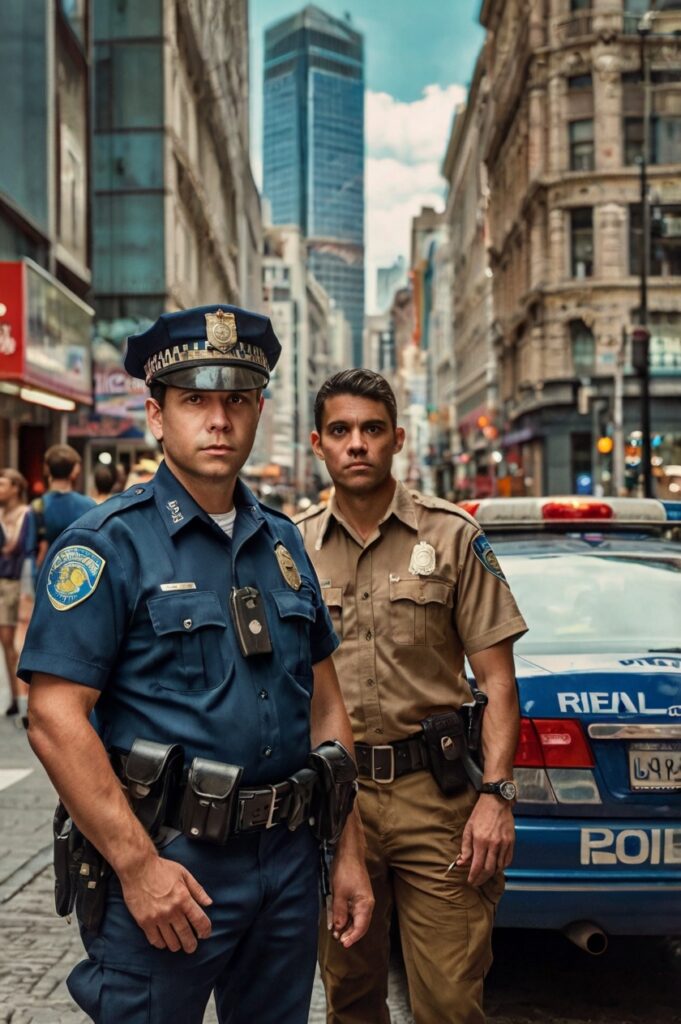
Scammers posing as police ask to see your ID and wallet, claiming they’re checking for counterfeit money. Real police won’t do this. Politely ask to see their badge and suggest going to the station.
6. The “Closed” Hotel Scam
At train stations, someone might tell you your hotel is closed and offer to take you to a different (overpriced) one. Always call your hotel directly to confirm.
7. The Currency Switcheroo
When paying in cash, especially in markets, some vendors will swap your large bill with a smaller one and claim you underpaid. Count your money carefully and state the amount out loud.
8. The Spilled Drink Scam
Someone “accidentally” spills a drink on you, and while they apologize profusely, their partner picks your pocket. Stay alert in crowded places.
9. The Photo Offer
A friendly stranger offers to take your photo, but instead, they run off with your camera or phone. Use a selfie stick or ask someone trustworthy (like a fellow tourist).
10. The Street Performers with a Twist
Street shows are fun until a performer ropes you in and demands a hefty tip. Watch from a distance if you’re not interested in participating.
11. The ATM Helper
Someone offers to help you with an ATM, but they’re just memorizing your PIN. Never accept help and shield the keypad.
12. The Fake Wi-Fi Hub
Free Wi-Fi sounds great, but hackers set up fake networks to steal your data. Stick to secure, password-protected networks.
13. The Pickpocket Distraction
In busy areas, groups create distractions—like arguments or street shows—to steal from distracted tourists. Keep your belongings close.
14. The Overpriced Souvenir
Some markets inflate prices for tourists. I always recommend browsing multiple stalls and negotiating politely.
15. The Rental Damage Scam
Car or scooter rentals sometimes claim you damaged the vehicle and demand cash. Take photos before and after renting.
16. The Fake Charity Collector
Fake donation collectors are common in touristy areas. Only donate to registered charities.
17. The Pigeon Feeders
In Venice, people offer to sprinkle seeds on you for pigeons to land—then demand money. Politely decline.
18. The Flower Scam
Someone hands you a flower as a “gift” but demands payment afterward. Just say no.
19. The Overfriendly Local
An overly friendly local invites you for drinks—then sticks you with a huge bill. Trust your gut.
20. The Fake Gypsy Curse
A woman offers to tell your fortune, warns of a curse, and demands money to lift it. Walk away.
21. The Music CD Scam
Someone hands you a “free” CD, then aggressively demands money. Don’t take anything you didn’t ask for.
22. The Baggage Helper
At train stations, someone offers to carry your bag—then demands a tip or runs off. Handle your own luggage.
23. The Fake Train Inspector
Someone asks to see your ticket and demands a fine for a “mistake.” Only show tickets to uniformed staff.
24. The Fake Survey
Someone asks you to fill out a survey and steals from your bag while you’re distracted.
25. The Restaurant Service Fee Scam
Some restaurants sneak in hidden charges. Always check the menu and your bill.
26. The Change Shortage
Vendors claim they have no change and keep your money. Use exact amounts when possible.
27. The “Helpful” Map Seller
Someone offers you a free map but then pressures you to buy overpriced tours. Politely decline.
28. The Street Game Scam
Street games like the shell game are always rigged. Don’t engage.
29. The Bump and Lift
Someone bumps into you and lifts your wallet. Use anti-theft bags.
30. The Fake Airbnb Host
Fake listings trick tourists into paying for non-existent rooms. Always book through reputable sites.
Traveling through Europe is magical, but staying aware is key. Trust your gut, keep your valuables secure, and don’t let these scams ruin your adventure. Got a scam story or a survival tip? Drop it in the comments—let’s help each other out!

